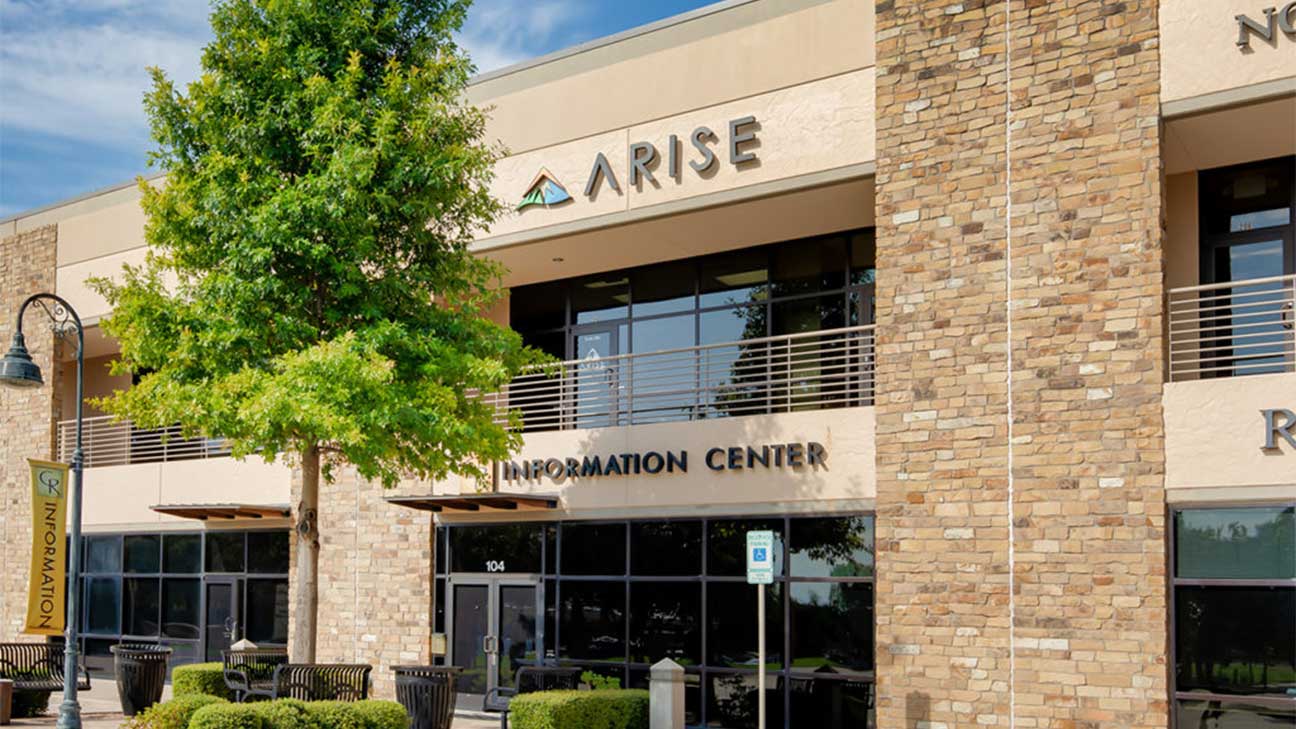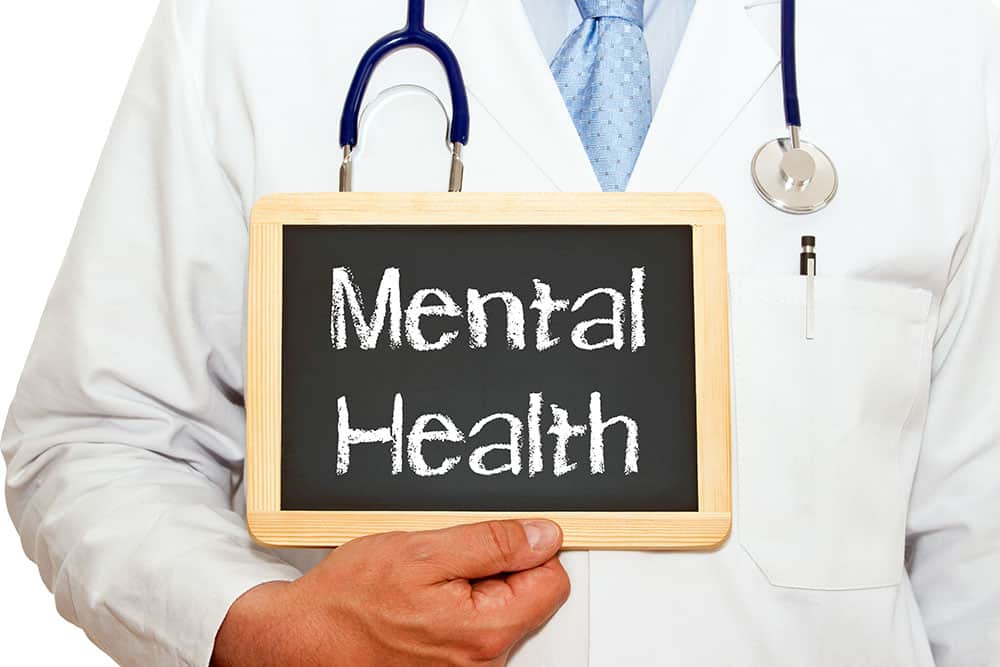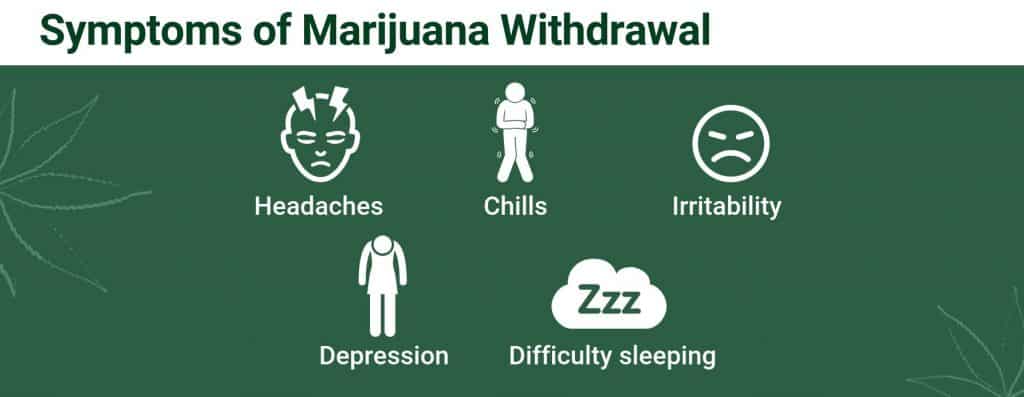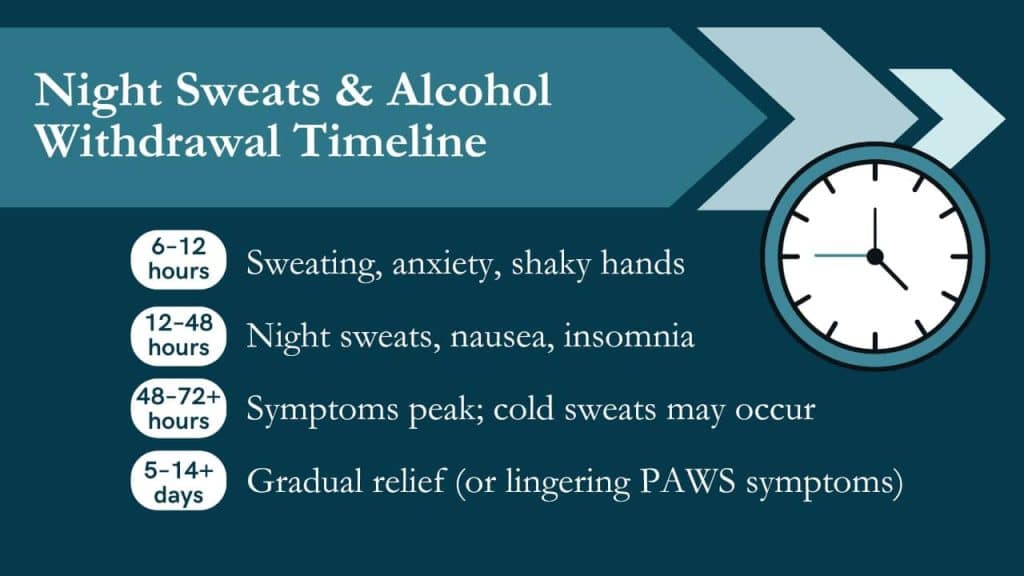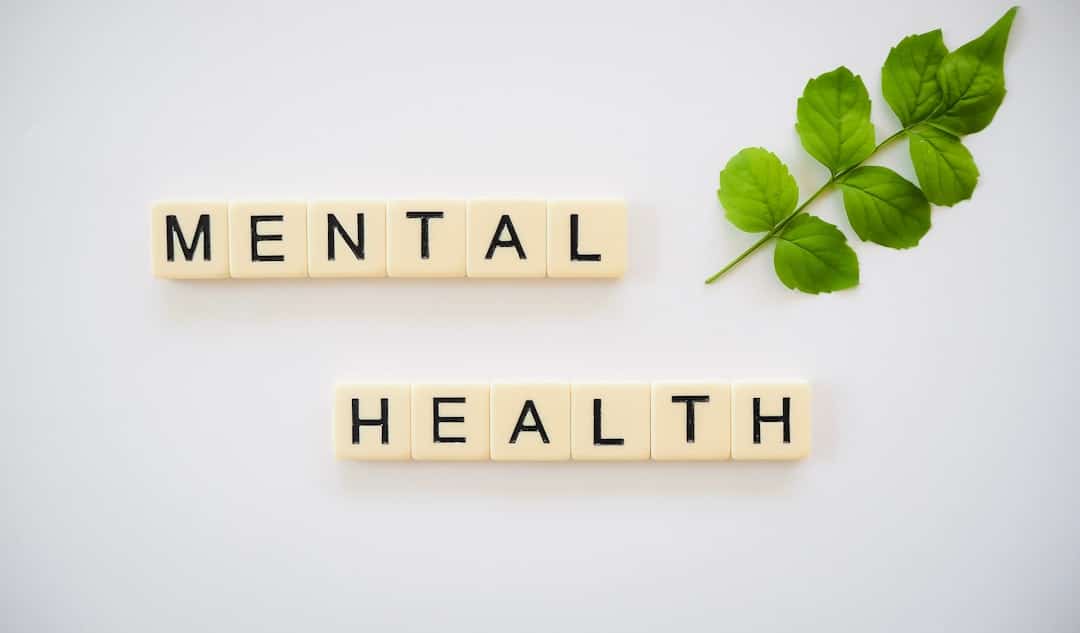
Understanding Short-Term Detox: Your First Step to Recovery
Short term detox is a medically supervised process, typically lasting 3 to 14 days, that helps your body safely eliminate drugs or alcohol while managing withdrawal symptoms.
Quick Facts About Short-Term Detox:
- Duration: Typically 3, 5, or 7 days, depending on the substance and individual needs.
- Purpose: Manages acute withdrawal symptoms and achieves physical stabilization.
- Setting: Available in inpatient (24/7 care) and outpatient (daytime treatment) formats.
- Not a cure: Detox is the critical first step, but continued treatment is essential for long-term recovery.
- Medical supervision: Required for substances like alcohol, opioids, and benzodiazepines due to potentially life-threatening withdrawal.
When you stop using a substance your body has grown dependent on, withdrawal can be uncomfortable and even dangerous. Short term detox programs provide medical monitoring, medication to ease symptoms, and emotional support during this vulnerable time. The process involves three stages: evaluation to assess your physical and mental health, stabilization to manage withdrawal, and preparation for ongoing treatment. While detox clears substances from your system, it doesn’t address the psychological aspects of addiction—that’s where continued treatment becomes crucial.
At Addiction Helpline America, we’ve guided thousands of individuals through recovery, connecting them with appropriate short term detox programs and ongoing care. We understand this is a courageous decision, and we’re here to provide confidential support every step of the way.

Terms related to short term detox:
What is a Short-Term Detox and Who Is It For?
Think of short term detox as a medically supported reset for your body. Its primary purpose is physiological stabilization. When you stop using a substance you’re dependent on, your body must relearn how to function without it. This transition causes withdrawal symptoms, which is why detox programs exist—to keep you safe and medically stable.
Short term detox programs range from a few days to two weeks. A 3-day detox may work for mild dependence, while a 5-day detox is common for alcohol or less severe opioid cases. The 7-day detox is one of the most common lengths, providing a solid week for medical staff to monitor symptoms and manage medications. For heavy or long-term use, especially with substances like benzodiazepines, a 10-day to 2-week detox might be necessary.
How long you’ll need depends on several factors. The substance type is critical—alcohol withdrawal often peaks within a week, while benzodiazepine withdrawal can last much longer. Your usage history (how long, how much, how often) also plays a major role. Co-occurring disorders like depression or anxiety can require a longer, more intensive detox. Your age, metabolism, and overall health also influence the timeline.
At Addiction Helpline America, we help you steer these factors to find a program that fits your specific situation. More info about Types of Treatment Programs
Substances That Commonly Require Medical Detox
For certain substances, medical supervision during detox isn’t just recommended—it’s essential for your safety.
- Alcohol: Withdrawal can be fatal, potentially causing seizures and Delirium Tremens (DTs). Medical detox uses medications to prevent these severe complications.
- Opioids: While rarely life-threatening, withdrawal from heroin, fentanyl, or prescription painkillers causes severe flu-like symptoms and intense cravings. Medical detox makes withdrawal tolerable, reducing the risk of relapse. More info about Vicodin Detox
- Benzodiazepines & Sedatives: Similar to alcohol, withdrawal from drugs like Xanax or Ambien can trigger life-threatening seizures. Medical detox involves a gradual taper to safely wean you off the substance. More info about Ambien Detox
Attempting to detox from these substances on your own is genuinely dangerous. Professional medical oversight is necessary.
Who is a Good Candidate for a Short-Term Detox?
Short term detox works particularly well for individuals with:
- Early-stage or moderate addiction, rather than severe, long-term dependence.
- Mild to moderate withdrawal symptoms expected, with a low risk for life-threatening complications.
- Strong motivation for change and a commitment to transitioning into ongoing treatment.
- A stable, supportive, and drug-free home environment, which is crucial for outpatient detox.
- No history of severe withdrawal complications like seizures or DTs.
- Relatively stable mental health, without an acute psychiatric crisis.
A thorough medical evaluation is the only way to determine the right level of care for you. At Addiction Helpline America, we connect you with qualified professionals who can provide this assessment and guide you toward the right path.
The Detox Experience: Symptoms, Medications, and Support

Knowing what to expect in a short term detox program can ease your worries. You’re entering a safe space designed to support you through withdrawal.
Withdrawal Symptoms
When substances are removed, your body readjusts, causing withdrawal symptoms. Physical symptoms can include nausea, vomiting, body aches, fever, chills, sweating, and tremors. For alcohol or benzodiazepine detox, more serious risks like seizures and Delirium Tremens (DTs) can occur, which is why medical supervision is essential.
Psychological symptoms are just as challenging, and may include anxiety, depression, irritability, insomnia, and intense cravings. Some people may experience confusion or hallucinations. The severity of these symptoms highlights why professional detox is necessary and attempting it alone is unsafe.
Medical Supervision and Support
In a professional short term detox facility, you are never alone. 24/7 monitoring by physicians and nurses ensures your vital signs are stable and complications are addressed immediately. The goal is to make the process as safe and comfortable as possible.
Beyond medical care, you’ll receive emotional support from counselors and staff. They provide encouragement and help you stay focused on your recovery goals, reminding you that the discomfort is temporary.
Medication-Assisted Treatment (MAT)
Medication-Assisted Treatment (MAT) is a cornerstone of modern detox. It uses FDA-approved medications to ease withdrawal symptoms, reduce cravings, and prevent dangerous complications. Combined with counseling, MAT significantly improves your chances of completing detox safely. Scientific research on Detoxification and Substance Abuse Treatment consistently shows its effectiveness.
Common Medications Used in Detox
Your medical team will tailor medications to your specific needs.
- Benzodiazepines (e.g., Valium, Librium): Used to prevent seizures and manage anxiety during alcohol or benzodiazepine withdrawal.
- Buprenorphine (e.g., Suboxone): Reduces cravings and discomfort from opioid withdrawal.
- Naltrexone: Used after detox to block the effects of opioids and reduce alcohol cravings, helping to prevent relapse.
- Anticonvulsants (e.g., Carbamazepine): Prescribed to prevent seizures, particularly in alcohol or benzodiazepine withdrawal.
- Other Medications: Beta-blockers or Clonidine may be used to manage high blood pressure and anxiety. Antipsychotics might be used temporarily for severe agitation.
- Nutritional Support: IV fluids and vitamin supplements, especially Thiamine (Vitamin B1) during alcohol detox, are critical for preventing neurological complications and restoring health.
This comprehensive approach allows your body to stabilize safely, freeing you to focus on the next steps in your recovery.
Choosing Your Path: Inpatient vs. Outpatient Detox Programs
When entering a short term detox program, you’ll need to decide between inpatient and outpatient care. Inpatient detox involves staying at a facility with 24/7 care, while outpatient detox allows you to live at home and attend treatment during the day. The right choice depends on your specific needs.
| Feature | Inpatient Medical Detox | Outpatient Medical Detox |
|---|---|---|
| Supervision | 24/7 medical and clinical care | Scheduled medical visits; return home at night |
| Environment | Structured, drug-free facility; removal from triggers | Home environment; requires strong self-discipline |
| Cost | Generally higher due to round-the-clock care | Generally lower; more flexible scheduling |
| Ideal Candidate | Severe dependence, high withdrawal risk, co-occurring issues, unstable home | Mild to moderate dependence, stable home, strong support, work/family obligations |
Understanding all treatment options helps you make the best decision. More info about a complete guide to Substance Abuse Treatment
Inpatient Medical Detox
Inpatient short term detox provides the highest level of care, requiring you to stay at a specialized hospital or clinic. The primary benefit is 24/7 medical care, ensuring immediate response to any complications. You are in a safe, trigger-free environment, removed from people and places associated with your substance use, allowing you to focus completely on healing.
Inpatient detox is best for severe addiction, especially if you are at risk for dangerous withdrawal from alcohol, benzodiazepines, or opioids. Many facilities also offer co-occurring disorder treatment, addressing mental health conditions like depression or anxiety alongside addiction. More info about Residential Treatment
Outpatient Medical Detox
Outpatient short term detox offers more flexibility, allowing you to attend treatment during the day and return home at night. This is a lower-cost option that lets you maintain work or family responsibilities. However, outpatient detox is best for mild cases of dependence where the risk of severe withdrawal is low.
Success in an outpatient setting requires a strong support system and a stable, drug-free home environment. Without these, the risk of relapse can be high.
The Dangers of Detoxing at Home
Attempting to detox at home without medical supervision is extremely dangerous and can be fatal. The primary risks include:
- Medical Complications: Sudden withdrawal from alcohol or benzodiazepines can cause life-threatening seizures and Delirium Tremens (DTs). Severe vomiting and diarrhea can also lead to dangerous dehydration.
- High Relapse Probability: Overwhelming withdrawal symptoms and cravings make it incredibly difficult to resist using again just to find relief.
- Lack of Professional Support: You are left to face a physically and emotionally vulnerable time alone, without medical expertise or a plan for continued recovery.
Professional detox is not a luxury; it’s a medical necessity for your safety. If you’re considering detox, please contact Addiction Helpline America. We can connect you with a safe, professional program.
Life After Detox: The Crucial Next Steps for Lasting Recovery

Completing a short term detox is a courageous and vital first step, but it is not a cure for addiction. Detox addresses the body’s physical dependence, but the emotional patterns, behavioral habits, and underlying issues that fuel addiction remain. Without follow-up treatment, relapse rates are extremely high.
This is why transitioning from detox into a comprehensive treatment program is essential for long-term sobriety. Research consistently shows that people who stay in treatment for at least 90 days see significantly better outcomes. This gives you the time needed to develop new coping skills and build a solid foundation for a life in recovery. More info about a complete guide to Drug Abuse Treatment
Building a Long-Term Recovery Plan
After your short term detox, the real work of recovery begins. Your long-term plan should be custom to your needs and may include several levels of care:
- Inpatient Rehab: A residential program (typically 30, 60, or 90 days) offering immersive therapy in a trigger-free environment. 30 Day Rehab Near Me Guide
- Outpatient Programs (IOP/PHP): Structured therapy sessions several days a week while you live at home, offering a balance of support and flexibility.
- Individual Therapy: One-on-one counseling to address personal issues, trauma, and co-occurring mental health conditions like depression or anxiety.
- Support Groups: Peer-led groups like Alcoholics Anonymous (AA) and Narcotics Anonymous (NA) provide shared experience, accountability, and a community that understands.
- Relapse Prevention Strategies: Learning to identify your personal triggers (people, places, emotions) and developing concrete plans to manage cravings and stressful situations.
At Addiction Helpline America, we help individuals across all 50 states find treatment programs that match their specific needs. Whether you need intensive residential care or a flexible outpatient program, we’re here to help you find the right path forward.
Frequently Asked Questions about Short-Term Detox
How do I find a reputable short-term detox program?
Choosing the right short term detox program is crucial for your safety and success. Look for facilities with the following:
- Accreditation: Ensure the program is accredited by recognized organizations like The Joint Commission (JCAHO) or the Commission on Accreditation of Rehabilitation Facilities (CARF).
- Licensed Staff: The team should include medical doctors, nurses, and certified addiction counselors.
- Evidence-Based Practices: The facility should use scientifically proven methods, such as Medication-Assisted Treatment (MAT).
- Aftercare Planning: A quality program will help you create a plan for continued treatment after detox is complete.
Addiction Helpline America can help. We connect people with accredited treatment centers across the country and offer free, confidential guidance. Best Detox Centers Near Me Guide
Does insurance cover a short-term detox program?
Yes, most insurance plans cover short term detox because it is considered a medical necessity. Under the Affordable Care Act (ACA), substance use disorder treatment is an essential health benefit. However, coverage details vary. You may still be responsible for deductibles or co-payments.
It’s important to verify your benefits beforehand. Choosing an in-network facility will typically result in lower out-of-pocket costs. The cost of detox can be significant, so understanding your coverage is key.
Addiction Helpline America offers free insurance verification. We can contact your provider to determine your coverage and help you find a program that fits your financial situation. More info about Rehab Insurance Coverage
What happens after a short-term detox is complete?
Finishing short term detox is the beginning of recovery, not the end. The most critical next step is transitioning into a comprehensive treatment program to address the psychological aspects of addiction.
Your detox team will help you create an aftercare plan, which will likely include:
- Continued Treatment: This could be inpatient rehab, an intensive outpatient program (IOP), or another level of care.
- Therapy and Counseling: Individual and group therapy help you develop coping skills and address the root causes of addiction.
- Support Network: Building a strong support system through peer groups like Alcoholics Anonymous (AA) or Narcotics Anonymous (NA) is essential for long-term sobriety.
Detox clears your body, but continued treatment is where you build the foundation for lasting change. More info about Alcohol Rehab Treatment Options
Your First Step Towards a New Life
Choosing to seek help for substance dependence takes real courage. A short term detox offers a safe, medically supervised way to clear substances from your body, providing the foundation for everything that comes next.
Detox alone isn’t a cure. It addresses the physical side of dependence, but lasting recovery requires continued treatment to heal the emotional and psychological aspects of addiction. Think of detox as opening the door—what you do after walking through it determines your long-term success.
Recovery is absolutely possible. Every day, people break free from addiction and build fulfilling, healthy lives. The future you hope for is within reach, and help is waiting for you right now.
At Addiction Helpline America, we provide free, confidential, and personalized guidance to help you find the right recovery program. Our network includes accredited treatment centers across all fifty states and the District of Columbia, meaning we can connect you with quality care no matter where you are.
You don’t have to figure this out alone. The best time to start your recovery journey is today. Reach out to us, and let’s take this first step together toward the new life you deserve. Contact our addiction and rehab hotlines today
Our helpline is 100%
free & confidential
If you or someone you care about is struggling with drug or alcohol addiction, we can help you explore your recovery options. Don’t face this challenge alone—seek support from us.
Programs
Resources
Will my insurance
cover addiction
treatment?
We're ready to help
Find the best
drug or alcohol treatment
center
Are you or a loved one struggling with addiction? Call today to speak to a treatment expert.

